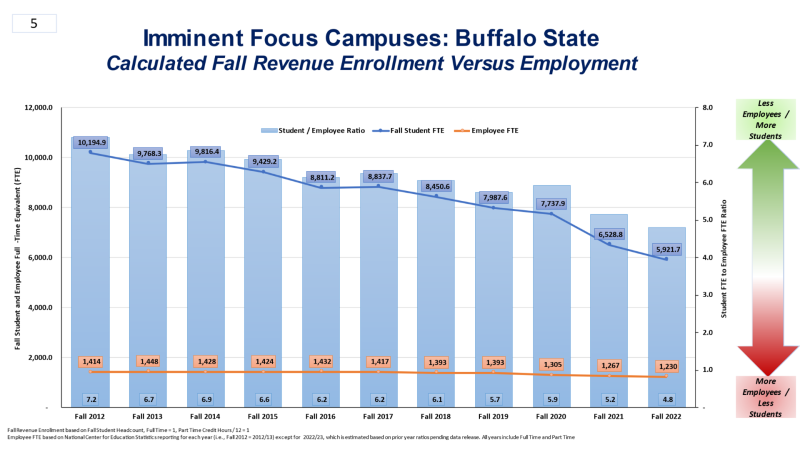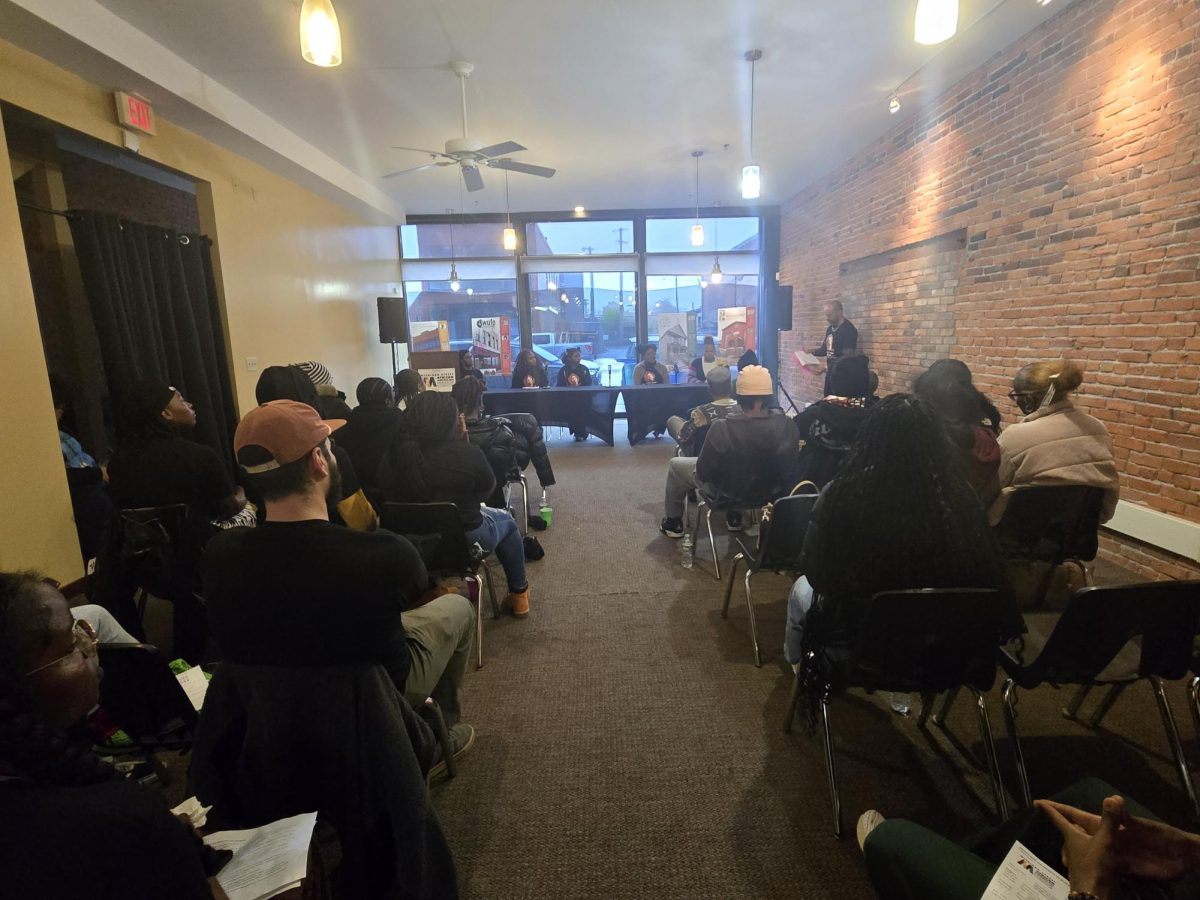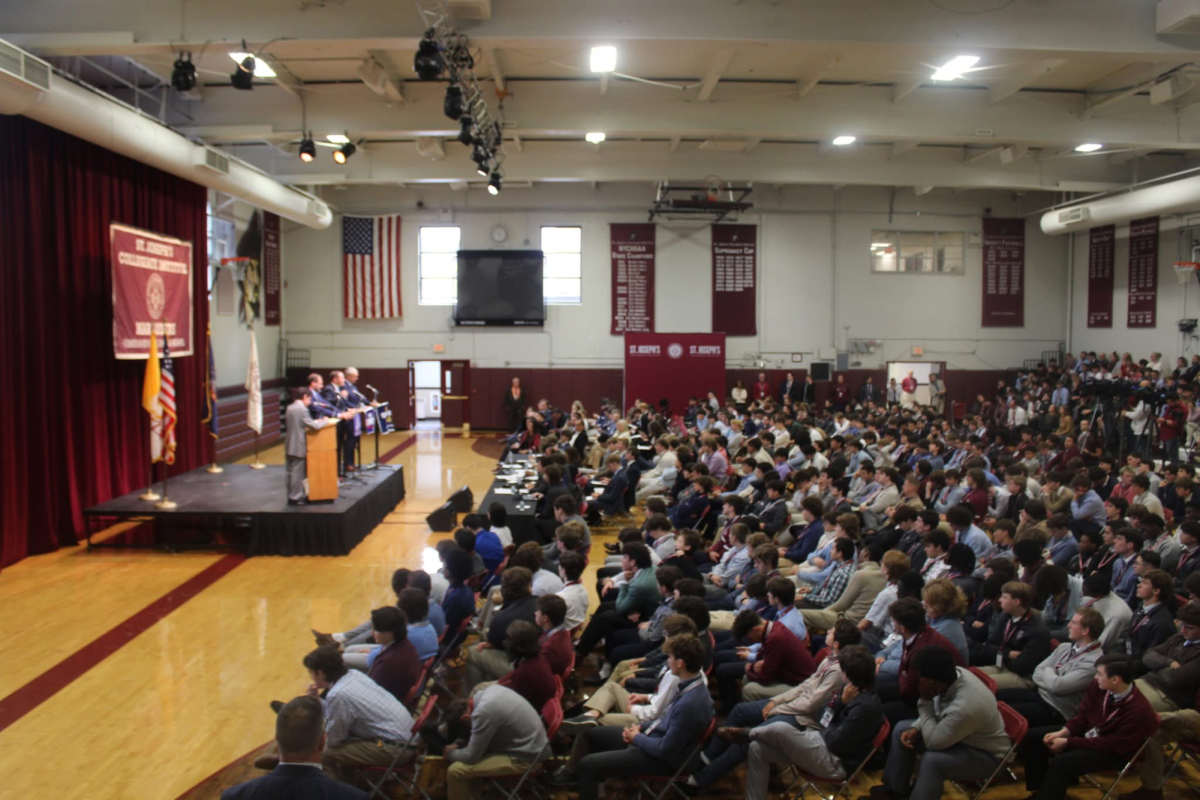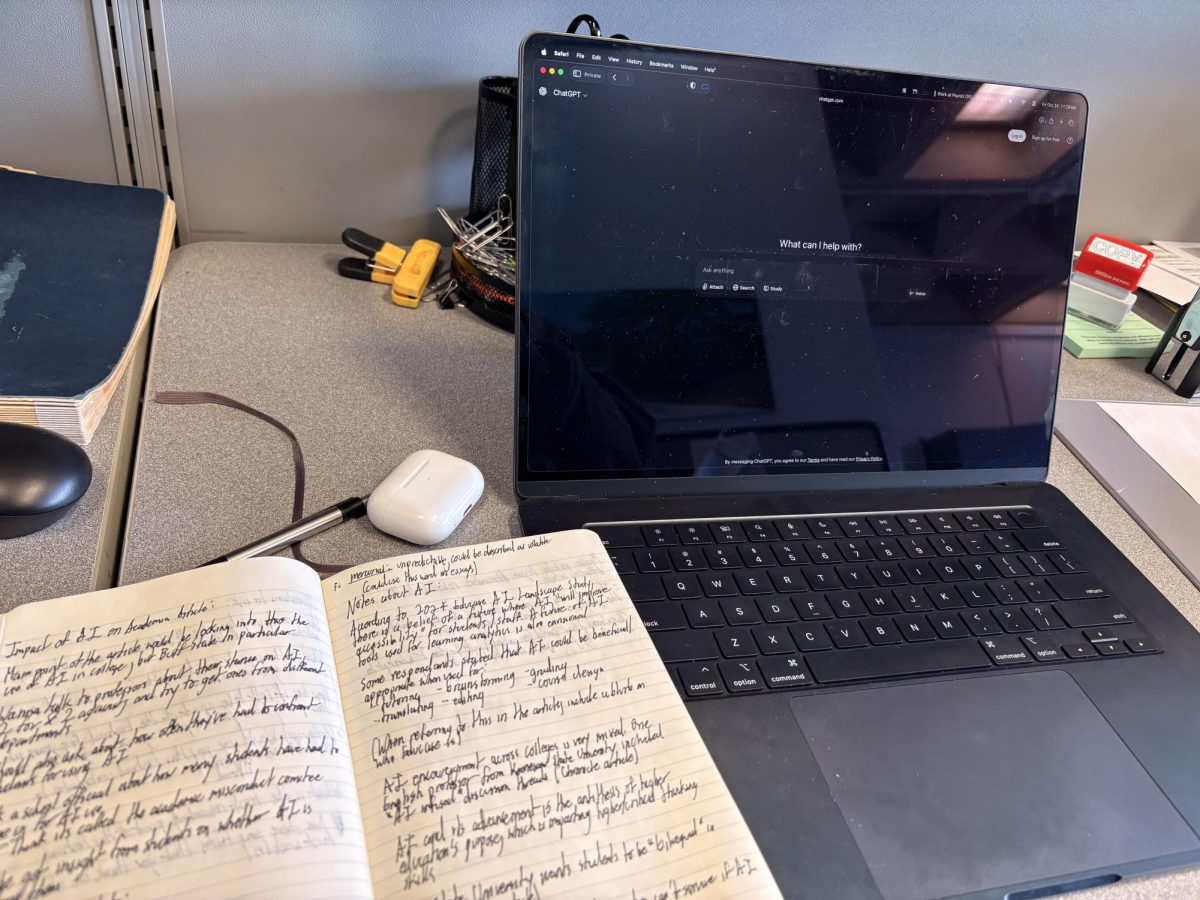Buffalo State University President Bonita Durand announced a hiring freeze as part of the deficit reduction plan on Nov. 14.
In a speech delivered to the College Senate and university members at large, President Durand outlined the previously established Sustainability/Deficit Management Plan, with the newest development being the implementation of the hiring freeze.
“This is just a first step towards long-term workforce stabilization,” she said.
All open and drafted positions will be temporarily suspended, not including student jobs and internships.
Positions funded by grants will continue to be filled.
“Since it’s not funding that impacts our budget in any way, we will be moving forward with those,” Durand said, referring to positions directly funded by SUNY.
The hiring freeze alone has the potential to reduce Buffalo State’s $16.8 million deficit to $3.5 million over a five-year time frame.
The new hiring process will require that a position be vacant 12 months from the time of the employee’s last paycheck. At that time, the position may be considered for a new hire. During those 12 months, the department will have 20 percent of the employee’s salary to aid operations.
Joe Marren, Professor Emeritus of Communications and United University Professions’ Officer for Retirees, summarized the new hiring plan as “well, if we don’t really need to fill this spot, why bother?”
UUP originally sounded the alarm on the university’s structural deficit last December. Buffalo State and SUNY Fredonia are two Western New York Universities that have been dubbed “distressed institutions” by SUNY.
This deficit has been largely attributed to declining enrollment and stagnant employment rates. But Marren also attributes the university’s budget problems to SUNY’s remodeled reallocation plan.
“I think the reallocation model isn’t as helpful to Buffalo State as it could be,” he said.
The deficit reduction plan established in June of 2022 under former president Katherine Conway-Turner contains seven priorities for reigning in debt.
Durand stresses that while she is implementing steps of this plan, she does not “want to box in the incoming president in any structural way,” and that the next president will have flexibility to change this deficit reduction plan.
“Though the decisions we have to make are difficult,” said Durand, “they will be implemented with the utmost care and empathy.”


















